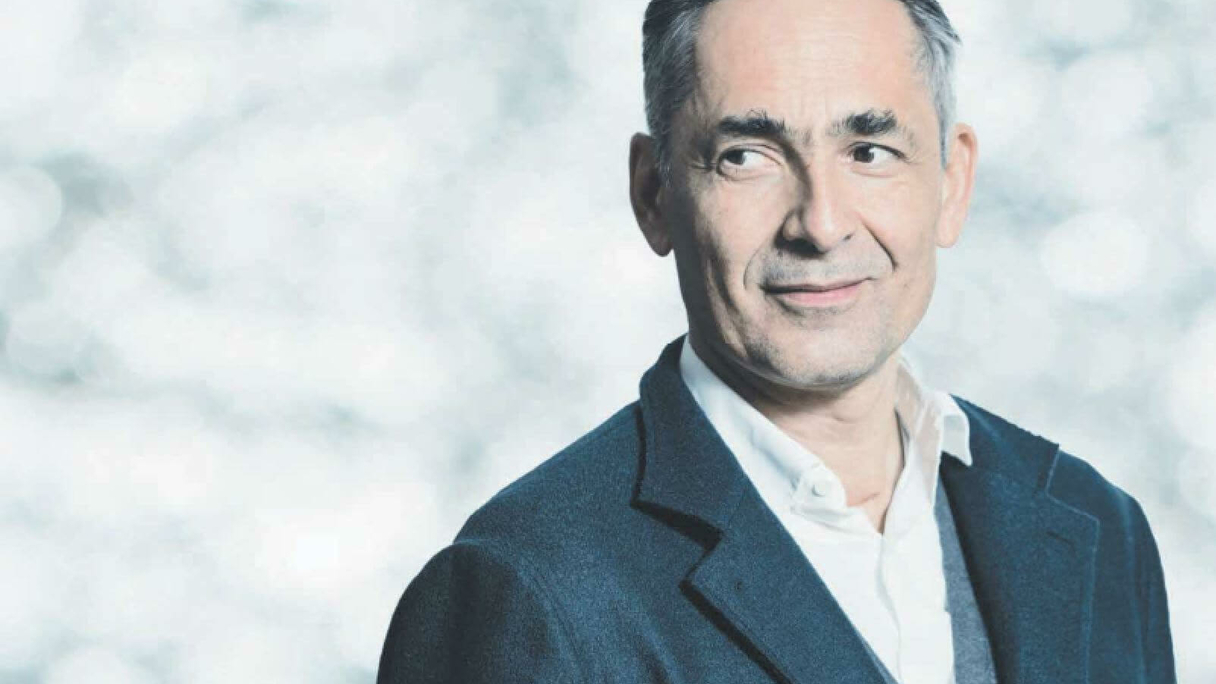Contractor Hubert Rhomberg expects far-reaching changes as a result of digitalisation. The construction industry too is adapting to new ways of working and living with great opportunities for everyone who recognizes, acknowledges and goes along with these changes.
Digitalisation has already had a noticeable impact on the construction industry: Standardisation, comprehensive, early planning, wood, networking, shareconomy, resource efficiency - these are all emerging trends, says Hubert Rhomberg, CEO of the Rhomberg Group based in Bregenz, as is adaptation to new ways of life such as Home Office and New Work. "When it comes to machines in particular, we are already clearly on the way to a digital construction site, for example in procurement, maintenance or even logistics." VR and AR tools for construction project management or collaborative online platforms made it possible to work more flexibly and efficiently, according to him.
How has digitalisation changed the construction industry in Vorarlberg in recent years?
Digitalisation and the construction industry will be inseparable in the foreseeable future. In many areas, we can already see how digitalisation is shaking up established business models and industry structures, such as Airbnb in the hotel industry or Uber in the cab sector. Why should we be any different? The first developments have already been made, and we at the Rhomberg Group have also been working on this for some time. Be it the apartment configurator, with which our customers can put together their dream apartment on the computer, or the micro-apartment DAVID, which we have made accessible in advance thanks to VR glasses. And let's not forget Building Information Modeling (BIM), where we can use digital building models to map and run through the construction and operation of our properties before the first cut of the spade has even been made.

What challenges and what opportunities do you see for the construction industry?
We are still at the very beginning of our digital development. We are currently testing a lot and simply trying things out. That's the only way we can quickly and reliably find out in which areas we actually benefit from digitalisation and where we don't. At present for instance, we have two "Spots" robot dogs in operation and are checking whether the technology is making things noticeably easier for us, for example in material inventories in the resource centre or in the documentation of apartment handovers. I expect far-reaching changes in the long term with great opportunities for everyone who recognises, acknowledges and goes along with this change. I'm thinking in particular of the BIM I just mentioned, of digital workflows, of network or cloud solutions, and above all of sharing knowledge and making it freely available.
How will training and continuous education in the construction industry develop in the future? What qualifications will be sought after?
First of all, we don't necessarily need even more specialisation and detailing in the construction professions. This thinking stems from outdated patterns in which machine logic is applied to people and attempts are still made to centrally control today's complex and dynamic world. But that no longer works. It is much more promising to enable people to work autonomously and make their own decisions. And most importantly to allow them to do so. On the other hand we already have a lot of the specialised knowledge we need. We are now increasingly looking for specialists and career changers who, at first glance, don't really seem to fit in with a tradition-conscious construction and rail technology company: Office 365 administrators, back- and front-end developers, intrapreneurs and extrepreneurs. These are the experts we need, and we need to get them excited about the construction industry now.
Source: Interactive West Journal 2020



